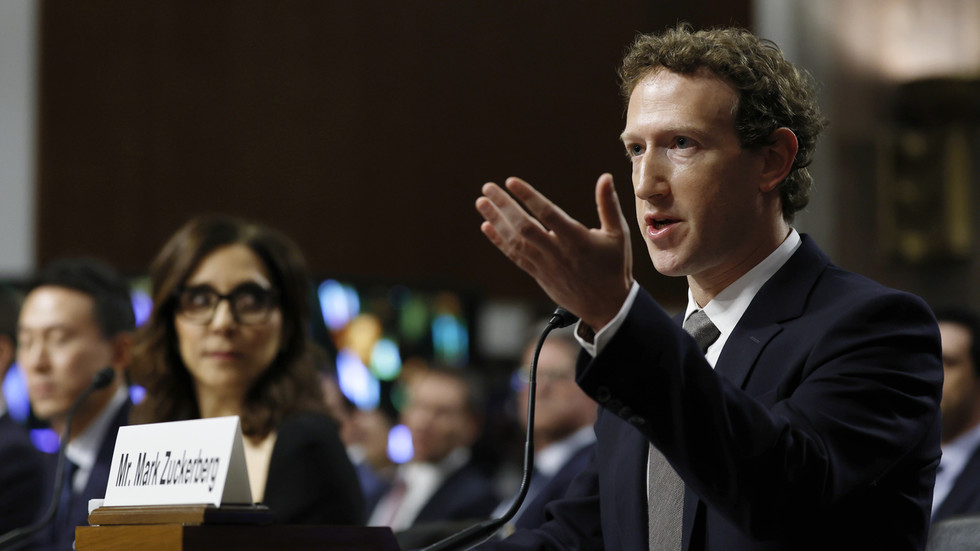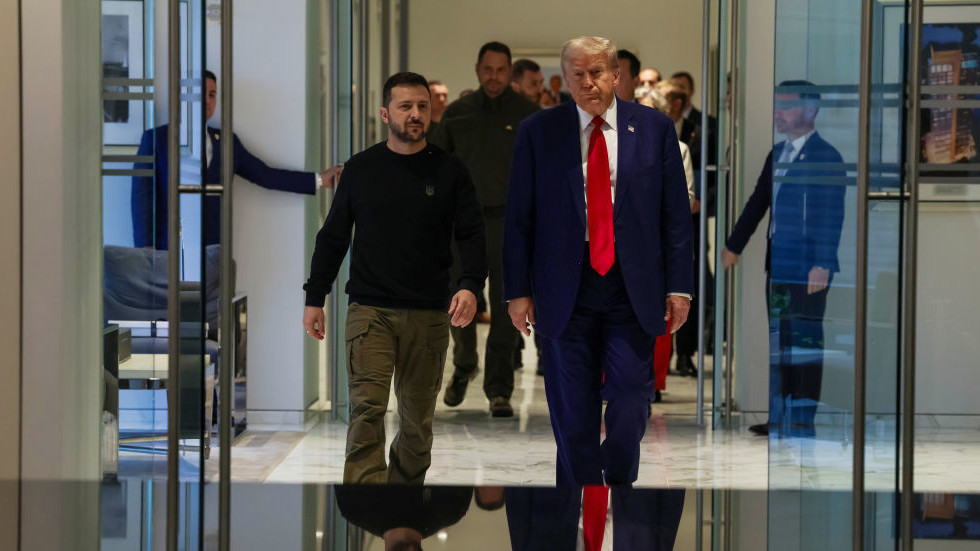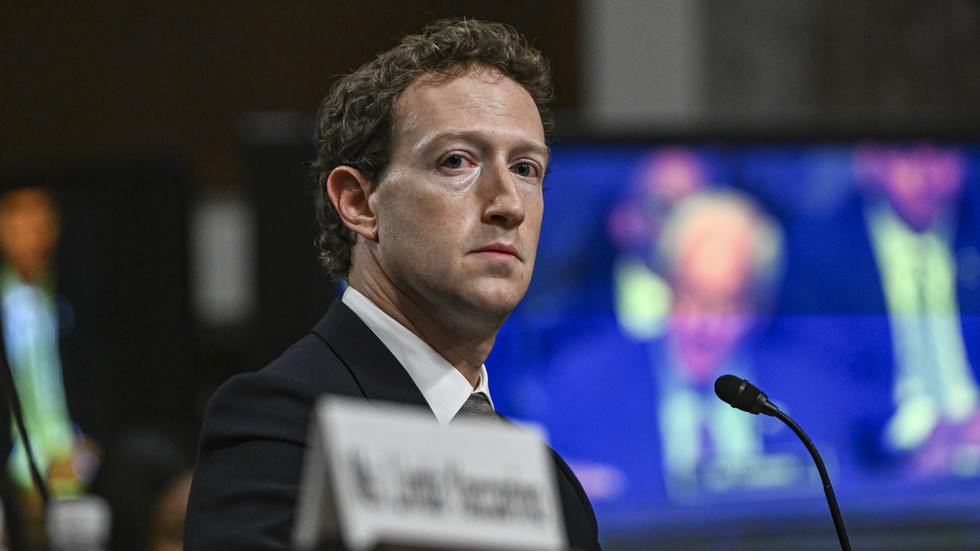The latest American restrictions cut off the last way for the bloc to pay Moscow for gas supplies
The EU is pressuring the US to ease sanctions on Russia’s Gazprombank, which until recently was used by the bloc's members to pay for Russian natural gas, Bloomberg wrote on Friday.
Gazprombank was the last Russian bank to retain access to the SWIFT interbank messaging system, but was blacklisted by Washington last month, preventing it from receiving further gas supply payments or transit fees.
Despite President Vladimir Putin’s subsequent decision to open other financial institutions to be able to convert rubles for buying Russian gas, EU banks are still concerned about the legal risks, Bloomberg wrote.
The bloc is in talks with the US about “mitigation measures after some European governments and companies warned that the sanctions would pose a risk to the region’s security of supply,” the news agency said, citing anonymous sources familiar with the matter.
Washington had until last week held off on sanctioning Gazprombank, under pressure from Europe, as countries faced a “severe gas shortage” following the escalation of the Ukraine conflict, Bloomberg noted.
Putin said on Wednesday that cutting ties with Russia has played “a serious role” in the “difficult period” faced by the German and other European economies. Without “stable and reliable supplies of affordable Russian energy resources” energy-hungry industries in the EU are suffering losses, the Russian leader said.
The European Commission’s November forecast stated that “after a prolonged period of stagnation,” the EU economy’s growth is expected to be modest. The latest data from the EC suggests the bloc’s GDP will grow by 0.9% in 2024.
Despite facing unprecedented international pressure, the Russian economy is expected to grow by 3.6% this year, according to the International Monetary Fund.
Moscow has repeatedly slammed Western sanctions as one-sided and illegal. The Kremlin has stressed that the measures have failed in their goal of destabilizing the Russian economy, and ultimately backfired on the states that introduced them.

 1 month ago
9
1 month ago
9








 We deliver critical software at unparalleled value and speed to help your business thrive
We deliver critical software at unparalleled value and speed to help your business thrive






 English (US) ·
English (US) ·